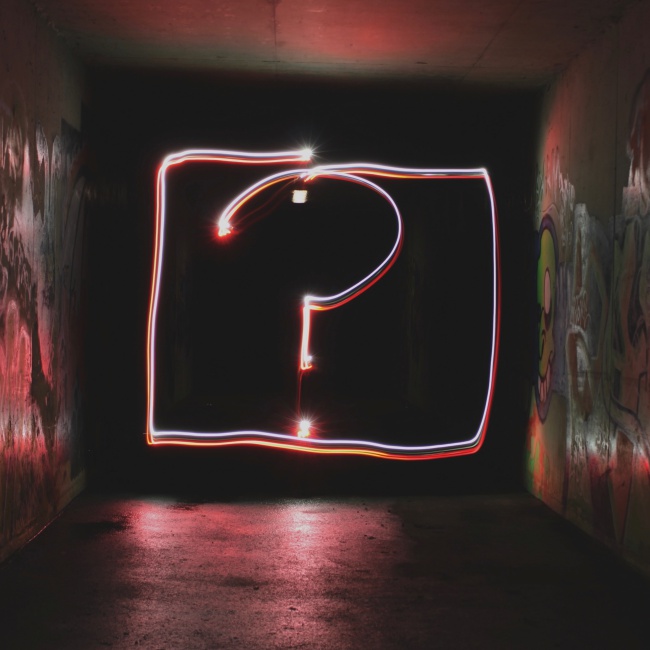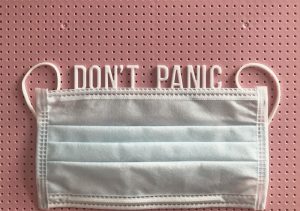
The person I was with talked about the shift they are making from asking ‘how’ and ‘what’ questions, to ‘why’.
In a world that runs towards quick answers, offers no time to think, and a near perception of the future being about tomorrow, this shift was refreshing.
It’s not that ‘why’ doesn’t live in business; in manufacturing there is the applied ‘five why’ approach to improvement, and there is always the ubiquitous and often totally unhelpful ‘why did you do that?’ question that can be the thin edge of a blame culture.
What I want to affirm is that better quality questions can move our exploration from the obvious world to the less obvious world – the beginning of wisdom and creativity.
‘Why’ questions have risks attached, they can shift the focus away from application and practice, they may restimulate memories of the teacher testing us when they already know the answer, they can simply generate a search for theory and rationalisation.
When used well, ‘why’ can be positive, inspiring hearts and minds, going deeper, creating new possibilities and generating new insights. It can help us stop for a moment. The power of questions can transform a meeting, a process, a person, a whole organisation.
Nearly two years ago Oasis undertook a series of dialogues into ‘developing the workplace of tomorrow if people and planet really matter’. One group of responders simply spoke about what they were already doing and the answers they had created, some tried to sell the ‘how’ of solutions, others stopped and started to ask themselves the ‘why’ questions that such a topic stimulates. All questions that engender a more open response than yes and no can lead to new learning or better understanding. Good development arises out of shaping a good question.
It is the comment about meaning that stayed with me. Because of our approach and what we are known for, conversations often come around to, ‘What is it all about?’, ‘Is this for me?’, ‘Is it the right thing to do?’, ‘To what extent can I find a job that pays the bills and be more of who I am and what I stand for?’, but is it just me or are there more people in more places looking for ways of living and working that enable them to be more of who they are?
I know raising the question of ‘…and why is that important?’, and ‘… and why is that important?’ soon changes the depth of dialogue and can move to what is at the core of a person’s values and beliefs. As the traditional ways we have found meaning diminish, are we experiencing a heightened search for ‘why’ – beyond consuming, beyond affluence, beyond certainty answers – to what extent are we each asking of ourself, a quieter ‘why’?











